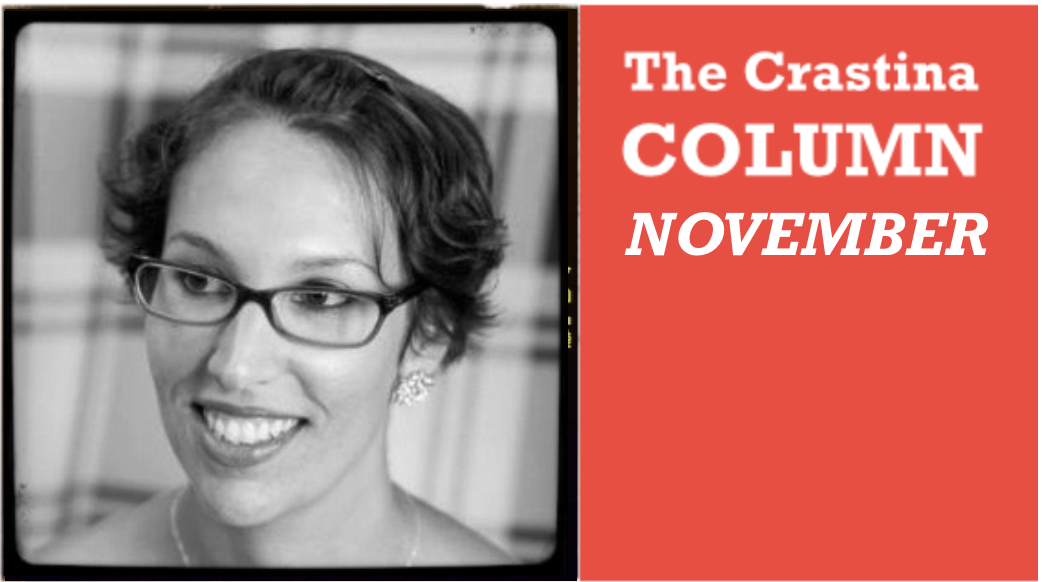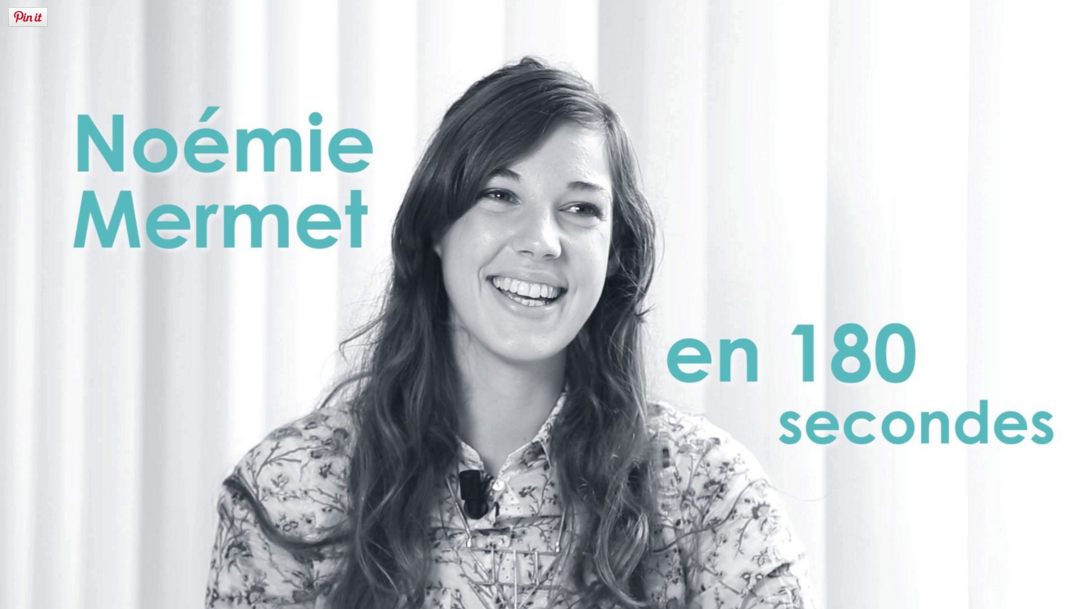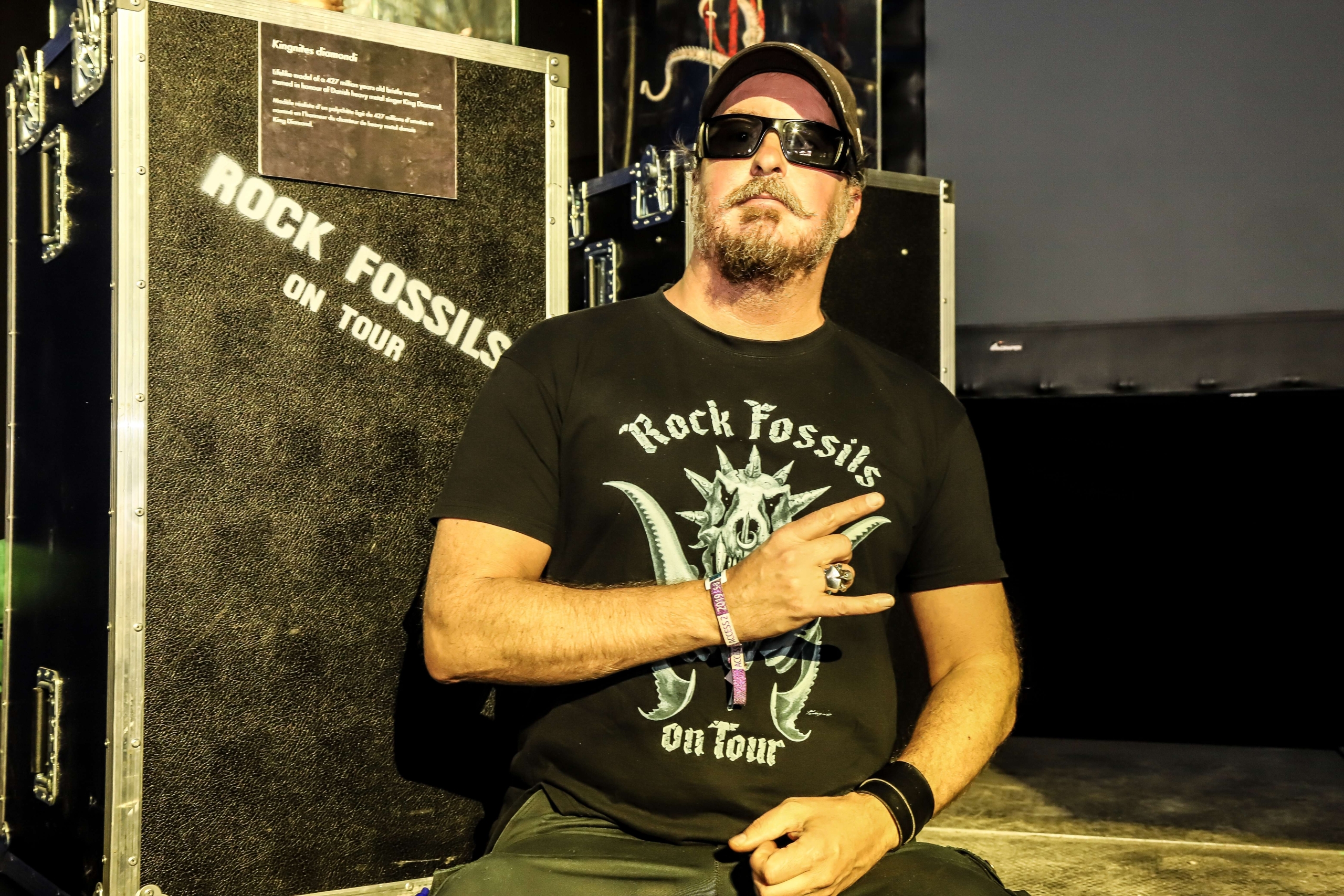Crastina is a platform for the exchange of experience, knowledge and inspiration regarding both scientific peer-to-peer communication and science dissemination
- What? An international network of (mostly young) people who love to communicate science & tech.
- Why? We think science needs to be communicated with more passion and professionalism.
- Where? On our website with interviews & resources + on social media + on Skype and IRL.
- Who? A content group (the Crew), a think tank (the Academy), + lots of friends & contacts.
- When? Right now – as a matter of fact, we’ve just geared up.

Inadequate Data Visualization Leaves Patients Undereducated
Data visualization is becoming more widely used in patient care but there is still work to be done. In this article, The New York based medical illustrator Amanda Montañez–explains why this area merits more investment than it currently…

The (non-)necessity of PowerPoint – a personal reflection
I am a traveling student who has seen a lot of PowerPoint and Prezi presentations at many universities in different countries. Here is my message: in many cases, they were not necessary to make! Let me explain why.

How to be convincing in three minutes
Noëmie Mermet, neuroscientist and PhD student at l’Université d’Auvergne, won the last year’s edition of Ma thèse en 180 secondes. Here she gives her advice, based on neuroscience, to all the three minute speakers out there.


















